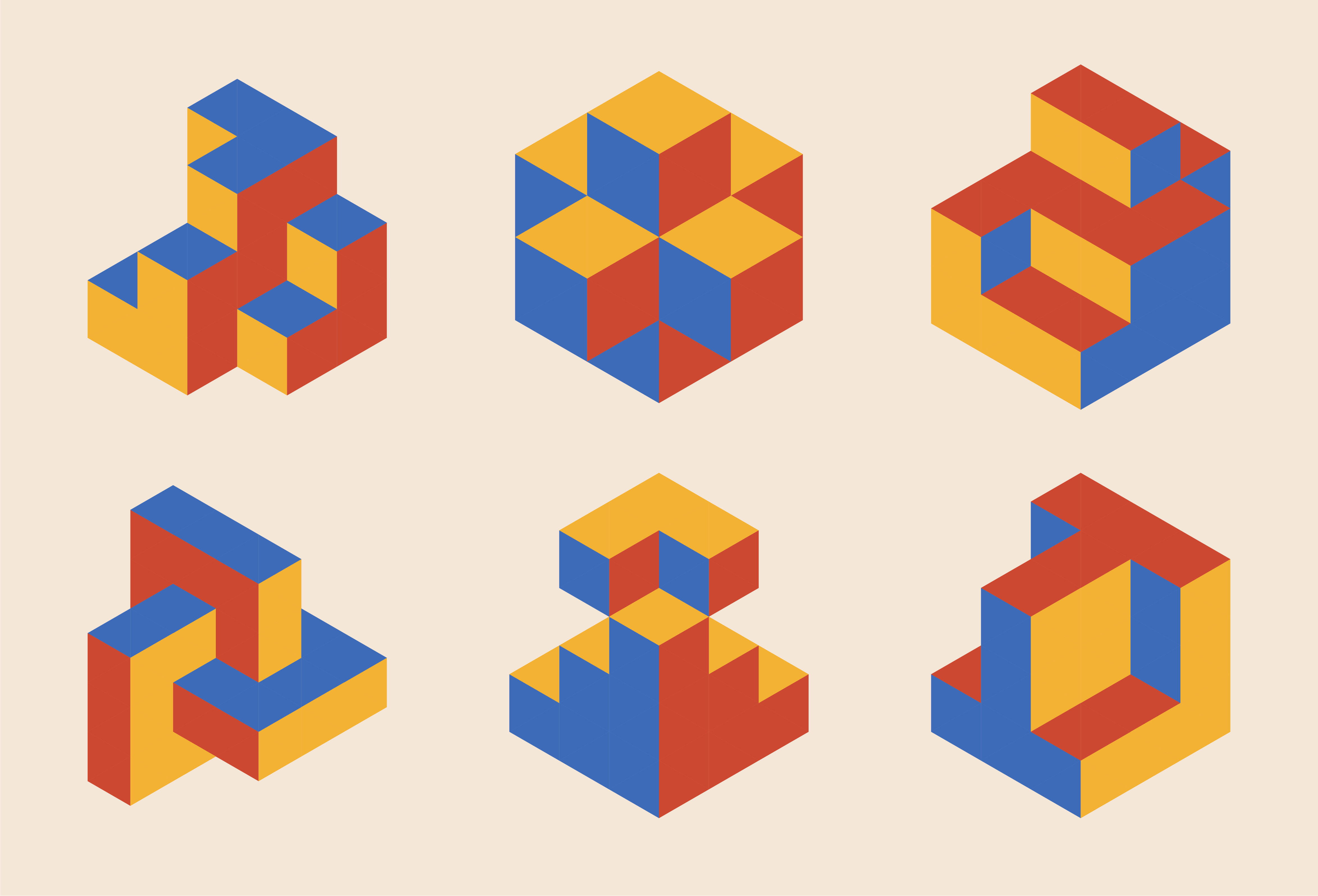How Do We Know What We Know and Let Them Know It?
How do we learn to string words together into statements? How do we know to say “I don’t have much money”, but that the opposite is not “I have much money”? How do we know that “a picture of Paul” and “a picture of Paul’s” mean totally different things? In his piece in the March issue of the Mensa Bulletin, Richard Lederer ponders these language mysteries. Think about it, he urges. Why do we say “the bicycle is next to the building”, but never “the building is next to the bicycle”?
“In marketing, language is a key tool for influencing, persuading, and manipulating an audience,” writes Sambuno. Through language, marketers create messages that are tailored to the specific target audience in order to elicit a desired response.
- a car company might use language that appeals to the emotion of safety and security when targeting parents who are car shopping for their families.
- a fashion company might use language that appeals to the desire for self-expression when targeting young adults.
Marketers can craft a powerful emotional bond with the audience through carefully selected language. We may not know precisely why “I have much money” sounds funny, but grammar matters in content marketing. “When you publish content with grammar mistakes, you risk affecting your reputation, search engine rankings, and even conversion rates,” SEO.com explains. “While some grammar errors won’t affect communication, others will force people to re-read your content or guess what you’re trying to say.”
On the other hand…. (I enjoyed reading this dissenting commentary on the subject of perfect grammar): “Nobody cares how well-written it is, unless it solves a real problem, or who wrote the article, as long as it makes sense.”
While, at Say It For You, I reassure content writers that, if their marketing blog posts are filled with valuable, relevant, and engaging material, the fact they wrote “a lot” when they should have said “many” or substituted “your” for “you’re” isn’t going to be a content marketing deal breaker.
We’re out to focus readers’ attention on the bicycle or the building, not on which is next to which!






Follow us online!